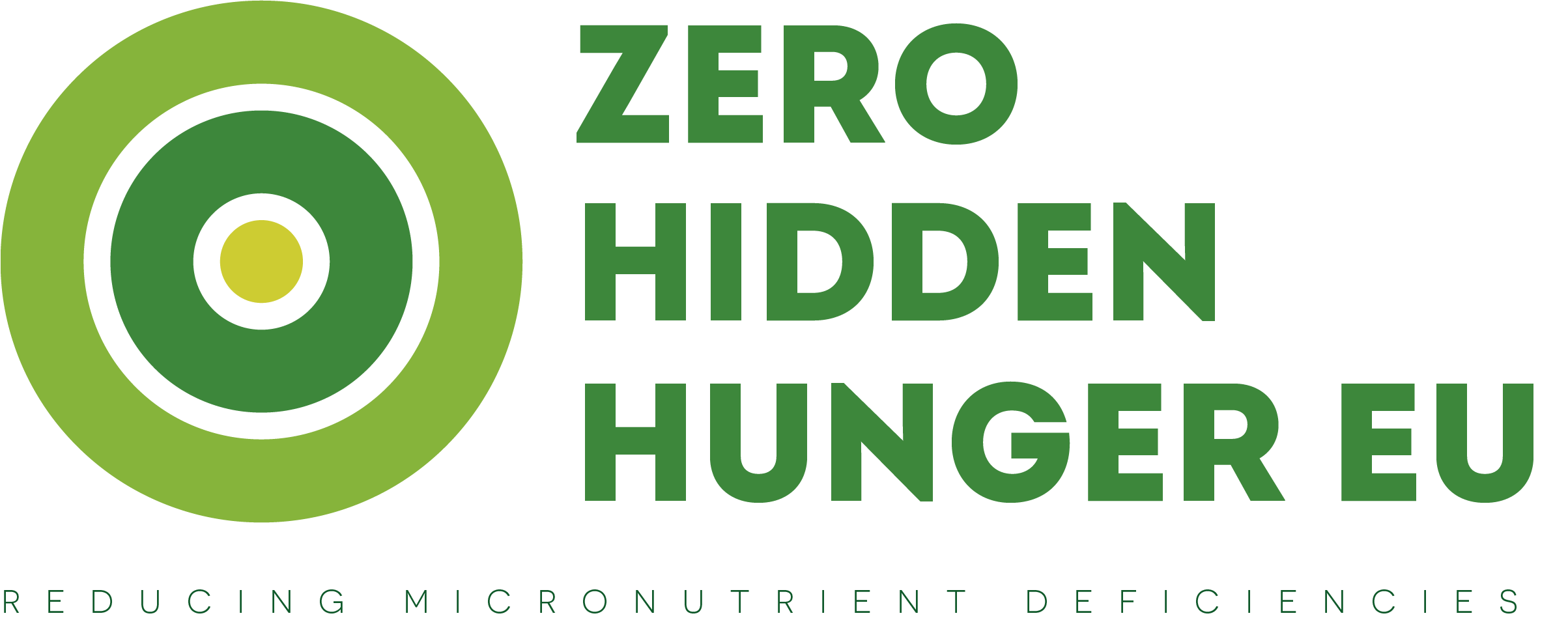Zero Hidden Hunger EU:
Addressing Micronutrient Deficiencies Across Europe
Zero Hidden Hunger EU is a Horizon Europe funded research project aiming to provide estimates of the prevalence of micronutrient deficiencies and their associated health costs, focused on high-risk population subgroups. The aim is to provide the best possible evidence to develop context-specific, tailored food focused solutions to ensure adequate supply of vitamins and minerals from diets from sustainable sources.
The project will last 4 years (2024-2027) and gathers 19 partners from 12 European countries in a collaboration between top universities and research centres, as well as expert non-profit organisations and the private sector.
EPHA’s role: establishing the Policy Lab
EPHA will lead Task 9.2 of the project, focusing on the establishment of a Policy Lab. This Policy Lab is designed to bring together diverse stakeholders—including policymakers, academics, and representatives of marginalised and vulnerable populations—to co-create solutions to address micronutrient deficiencies in Europe.
Through the Policy Lab, EPHA will:
- Conducting a policy review to evaluate the current landscape, successes, and gaps in addressing micronutrient deficiencies across Europe.
- Organising expert interviews with policymakers, academics, and stakeholders to deepen our understanding of the barriers and opportunities for change.
- Co-creating recommendations and frameworks for sustainable, equitable nutrition policies that can drive meaningful change.
What makes the Policy Lab unique?
- To ensure public health remains the priority, the Policy Lab excludes direct private sector involvement, avoiding potential conflicts of interest.
- By actively involving marginalised and vulnerable communities, the Policy Lab ensures that solutions are equitable and grounded in real-world challenges.
- The lab’s foundation is built on rigorous policy reviews and expert insights to inform meaningful, actionable recommendations.
Follow EPHA’s updates, from expert interviews to policy recommendations, we’ll continue to share milestones, insights, and opportunities for collaboration.
Get the EPHA Newsletter
The best of our activities, right in your inbox!

